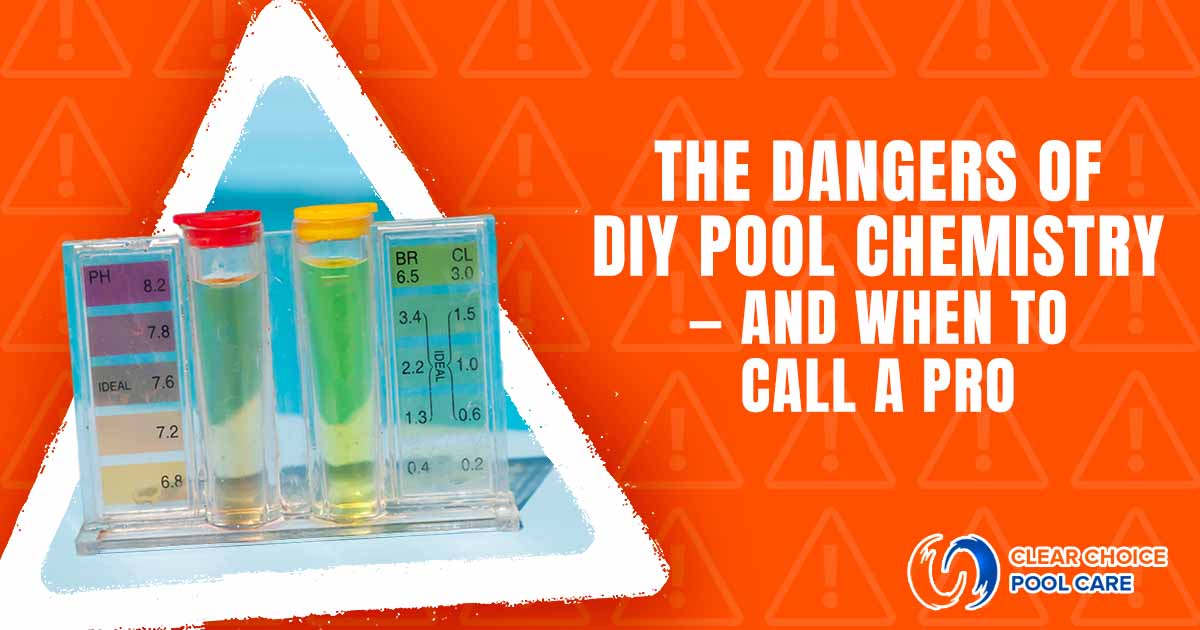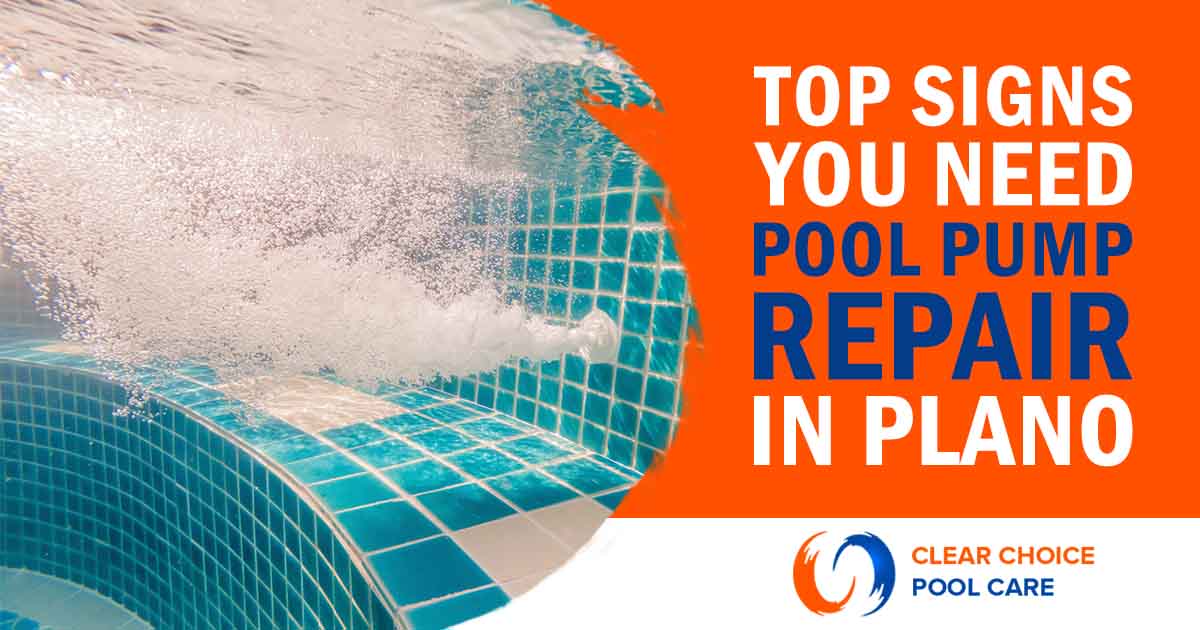When it comes time for closing a pool at the end of the season, it can be a worrisome prospect. You need to make sure you close up your pool properly if you want to have the best chances of it functioning like it should next spring. By making sure that you close up your pool now, you give yourself the best chances of having a pool that runs and does not leak when you open it up next. There are a few things you will need to have ready. Here are the basic things you need to know before closing a pool next.
What to Have on Hand for Closing a Pool
Here are some of the basics that you will need to have within reach when closing a pool. If you can get them into a single spot before you start the process, that makes your work a lot easier. First, you want your pool cover to protect the pool when not in use. Next, you want to make sure you have winter plugs handy so you can plug up the jets and keep them protected. You will need a winterizing pool kit to protect the water when the pool is not in use. Finally, you will need some type of a blower or air compressor. If you can find one, you may also want to invest in a winter pill. This allows your pool water to stay clear all winter long. Granted, you do not need to buy one for closing a pool, but it does help.
Why You Need to Make Sure the Pool Water is Good Before Closing a Pool
The first thing you need to do is take out your skimmer, ladder, and your pool deck. Also, make sure things like ropes, slides, and toys are removed from the pool. From there, you want to test the water. This is done to protect your pool. Unbalanced water that sits is going to lead to build-up during the winter. You could easily open your pool next year to find a lot of problems, and even leaks, if you do not make sure your water is balanced prior to closing a pool down for the year.
What you want to do is take testing strips and check your water. Your chlorine should be somewhere between 1 ppm (parts per million) and 3 ppm. The pH of the pool should be no lower than 7.4, and no higher than 7.6. Plus, you want your alkalinity to fall between 100 ppm and 150 ppm. If these are all good, then you are good to carry on. However, if your water is not balanced, add the appropriate chemicals to get it that way. If you notice your chemicals are just a bit over the top end, this is acceptable as well. There is a good chance the levels will slowly decline during the winter, making this safe.
You also want to make sure that every part of your pool is totally clean. You do not want to leave debris in there over the winter because of what that could do to the pool. Make sure you vacuum it out thoroughly, and get anything floating on the top of the water out. This will help protect your pool before you use it again. This is when you would add the winterizing chemicals and follow the instructions on the container you purchased.
Make Sure the Pump and Filter Are Clean Before Closing a Pool
Next, you want to backwash your filter. Once you have everything backwashed, open up the filter top and take out any debris that was caught in your basket. This keeps everything clean and does not leave anything to break down during the winter months. If debris breaks down during this time, it can lead to corrosion or blockages when it comes time to open your pool again. Once the basket is clean, return the lid to the filter, set the filter back to filtering mode, and blow out your lines. This ensures nothing is stuck in them. If you do not have a winter skim plate that goes with your pool, now is when you should remove about six inches of pool water so the level is definitely below the skimmer.
If you are not totally sure how to blow out the lines of your filter and pump, do not try this part on your own. It is dangerous to attempt to do this if you do not have the skill to do so. Hiring someone to come out and help with closing a pool, even if it is only this step of the process, is worth it. If you do it wrong, it can break your pool, and result in a very expensive repair job.
Finally, once the tubes are clear, you want to go around and put your winter plugs into the jets. This will help protect them during the winter. Once all of this is done, it is time to place your pool cover over your pool. This is the final step in closing a pool for the season.
You Do Not Have to Try Closing a Pool On Your Own
If you do not feel comfortable closing a pool on your own, do not feel bad. We are here to help you. It is our job to know how to do this properly so that next year, your pool can be opened up and ready to use like it was never winterized. You want your pool to function properly, as do we. We can come in and help you get the pool shut down properly so that you do not need to worry about damage to your pool when it is not in use.




